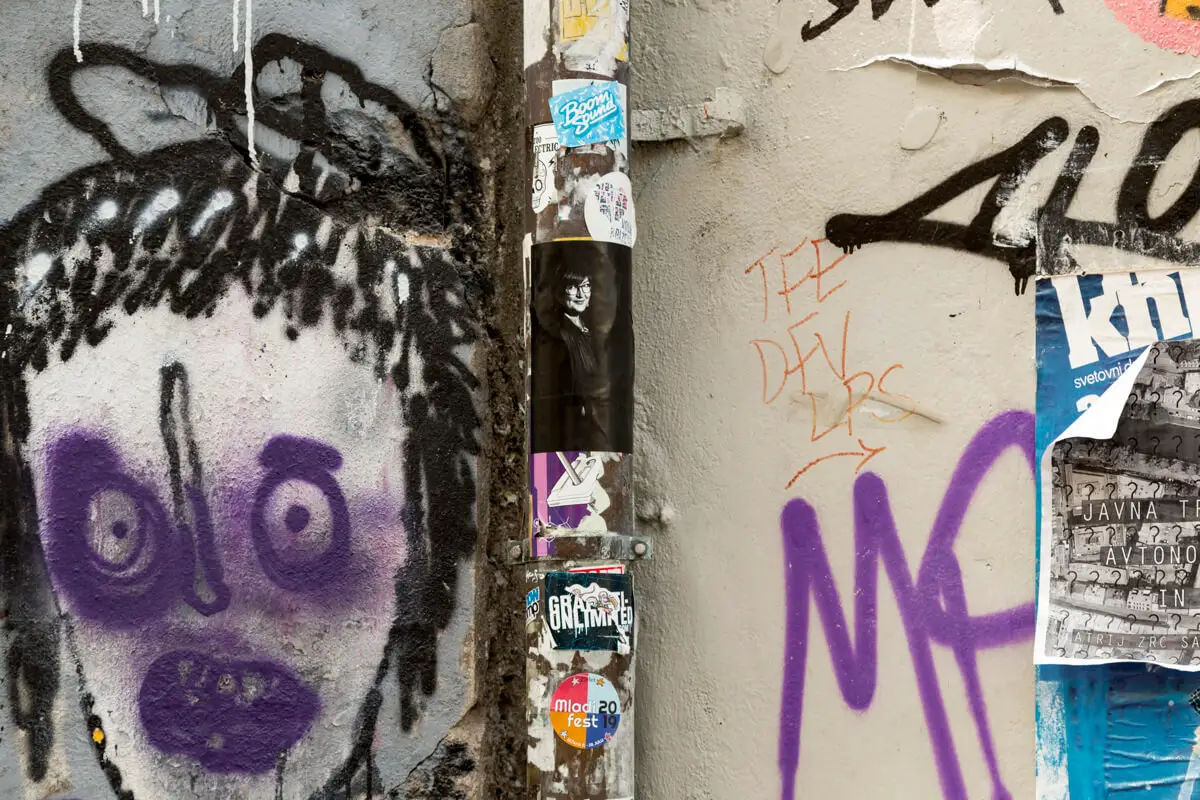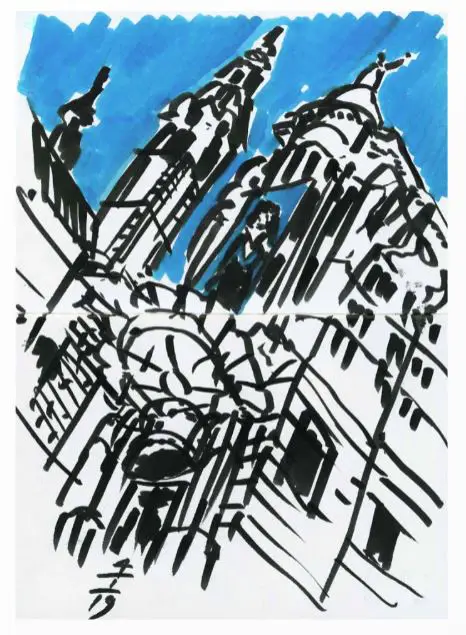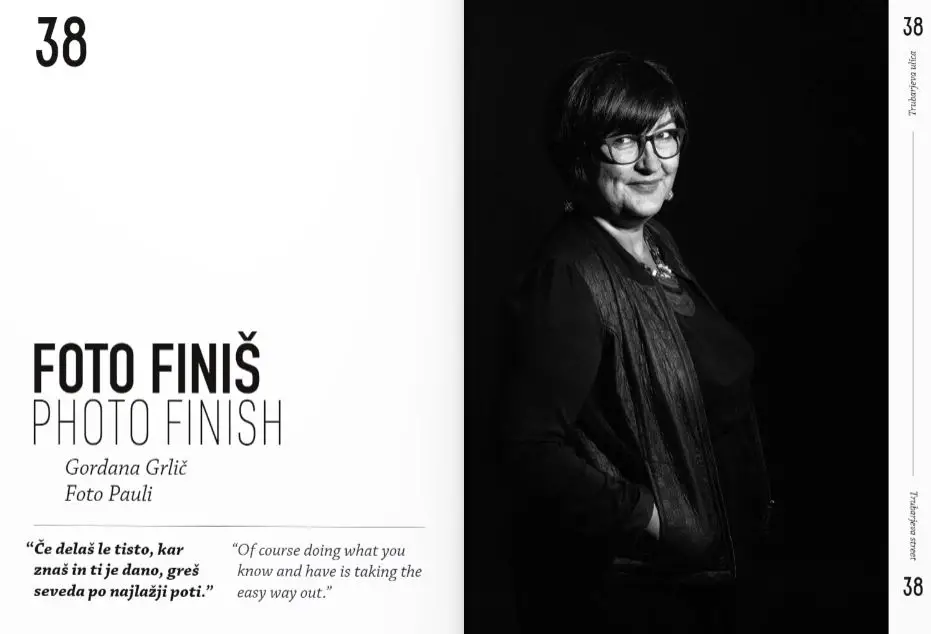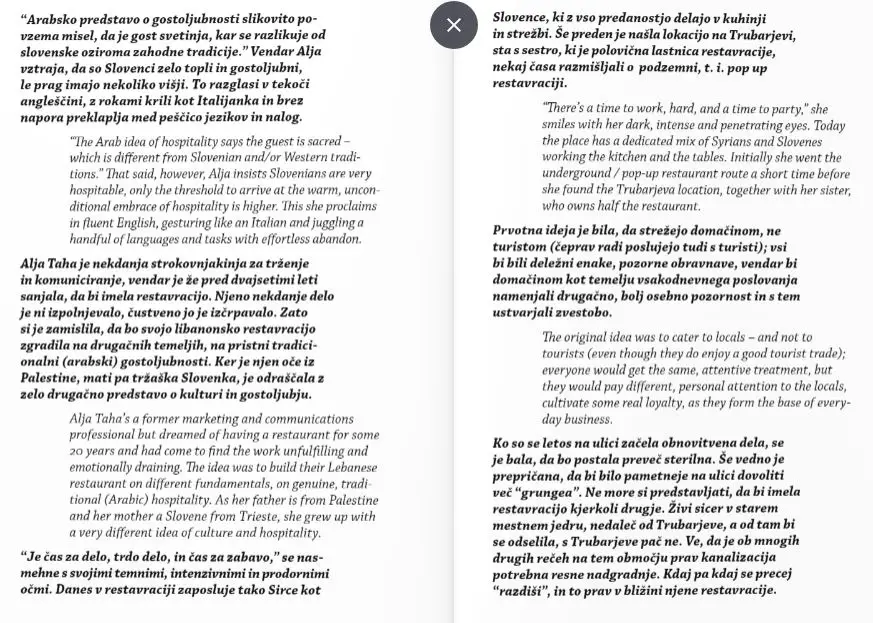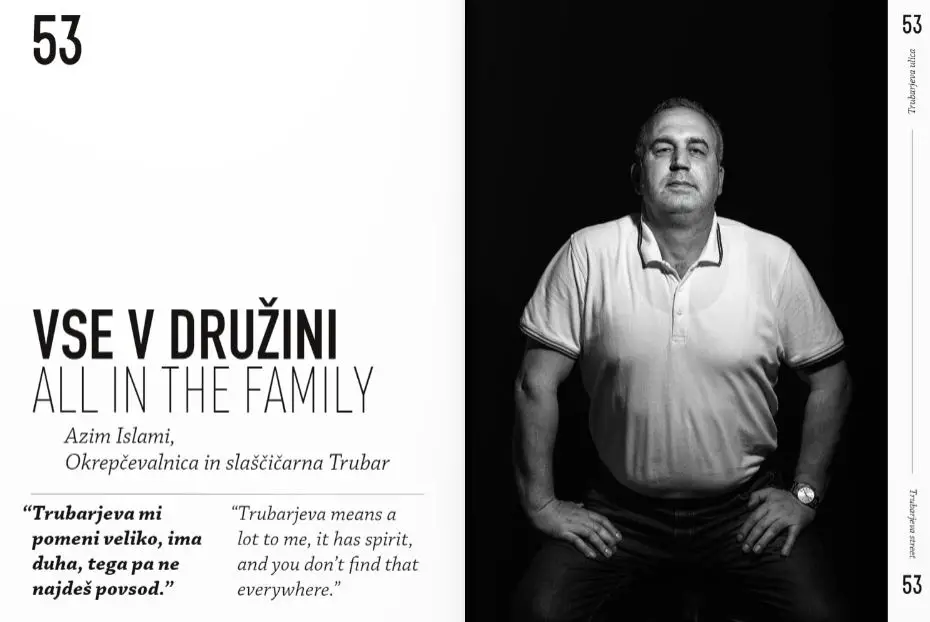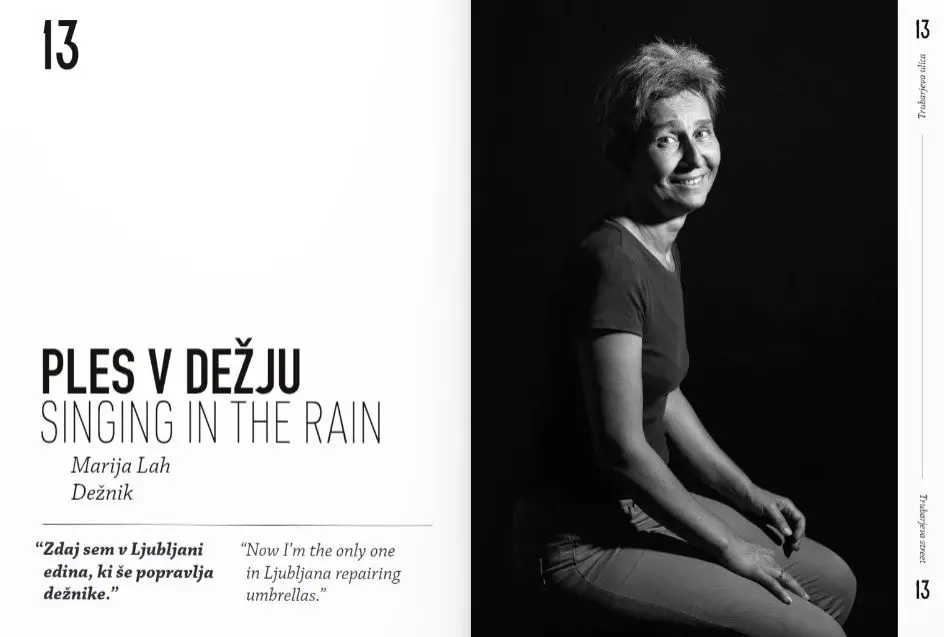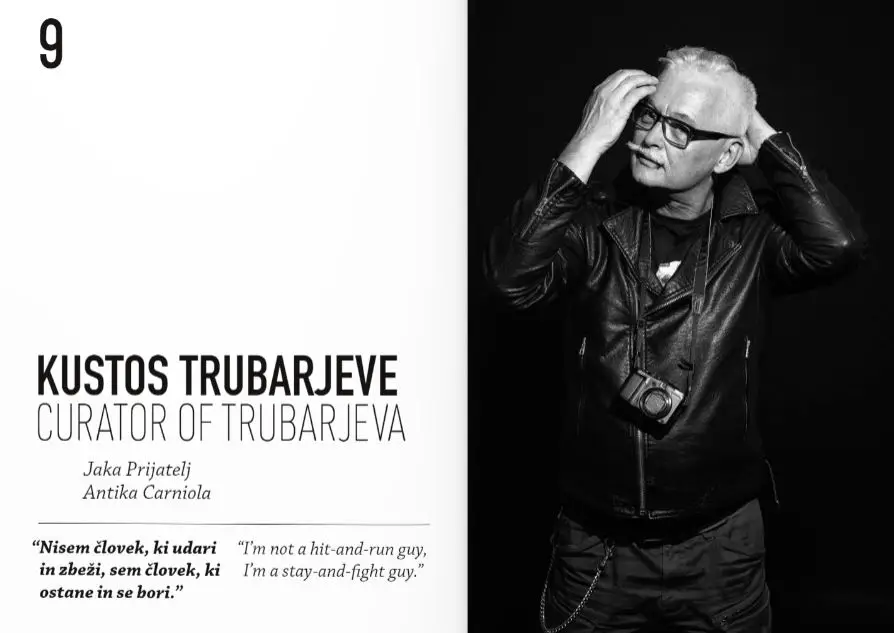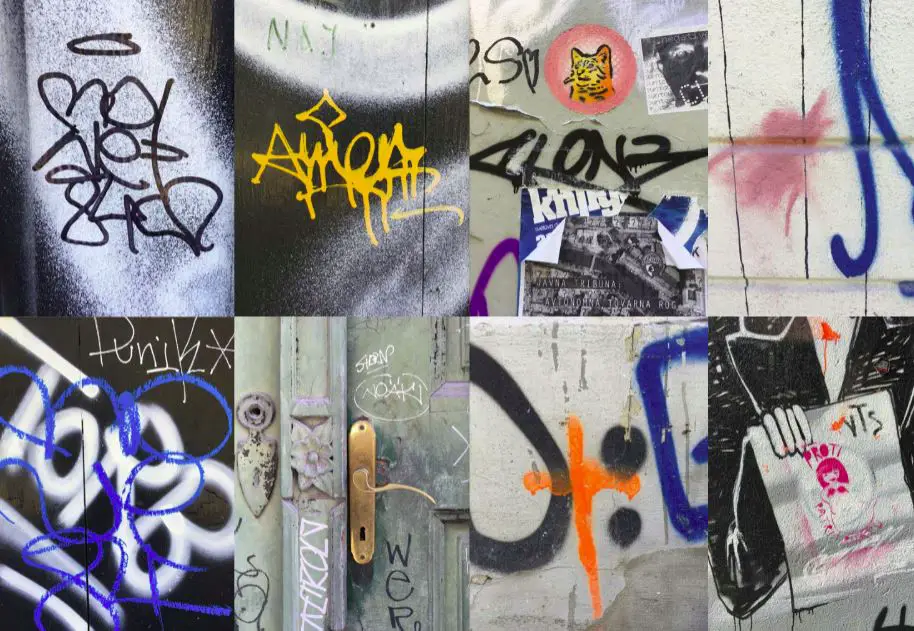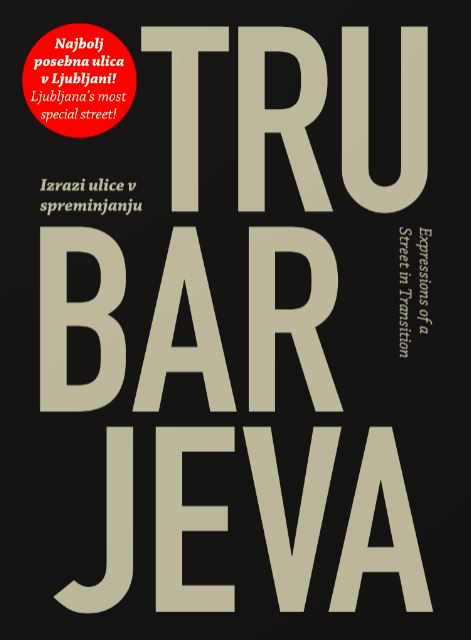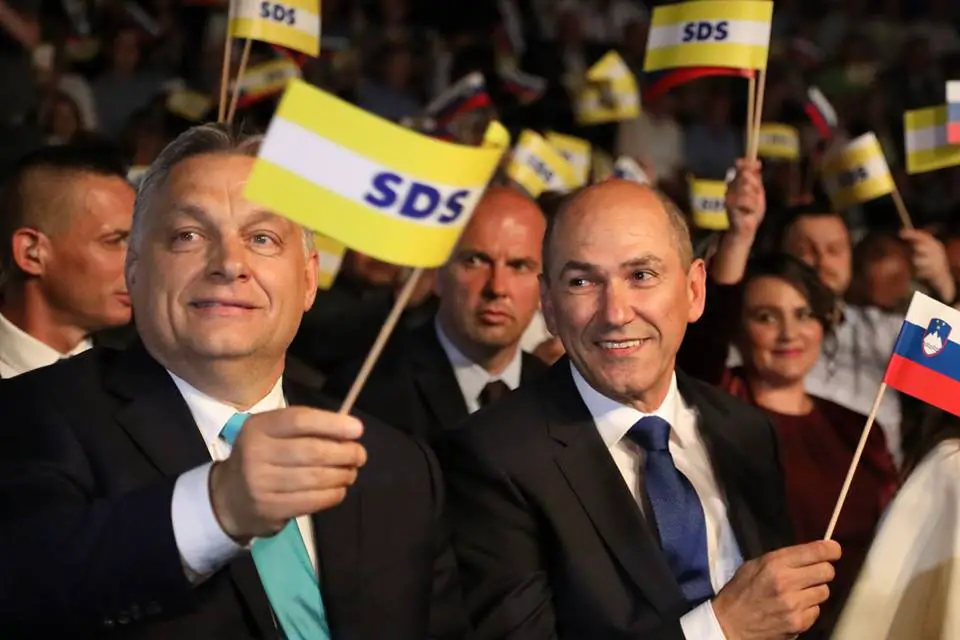Parties gearing up for snap election, but leaving all options open
LJUBLJANA - The Democrats (SDS), Social Democrats (SD) and Pensioners' Party (DeSUS) initiated preparations for a snap election after the Marjan Šarec government collapsed. While the SDS said it had already shortlisted the candidates, it said all options remained open, including talks on a new coalition, a position also reiterated by SD and DeSUS. SDS also said party leader Janez Janša was their only candidate for prime minister.
Slovenian troops back in Iraq
LJUBLJANA - Slovenia has sent six army instructors back to Iraq as part of the international operation Inherent Resolve in Erbil to train Iraqi security forces, the Slovenian Armed Forces announced. The troops are "already in the area of service in northern Iraq" and will resume the training in the coming days.
NATO inspectors reportedly find Slovenia burden on alliance
LJUBLJANA - A biennial visit conducted at the end of last week by NATO inspectors checking compliance with targets has reportedly produced the conclusion that Slovenia is becoming an increasingly heavy burden for the alliance, having for years now failed to meet the promises given. While the details of the review are not known, Radio Slovenija said it had obtained parts of the draft records, which show the inspectors noticed no progress in the past two years despite the improved economic conditions in the country.
Police educator picked to lead anti-graft commission
LJUBLJANA - President Borut Pahor has picked Robert Šumi, a teacher at the police academy, as the next head of the Commission for the Prevention of Corruption. Šumi was one of four candidates short-listed for the job by a vetting commission to replace outgoing commission president Boris Štefanec, who sought a second term but was snubbed for the job. Before the formal appointment Šumi is expected to hold a public presentation, Pahor's office told the STA.
Holocaust victims honoured in Lendava
LENDAVA - President Borut Pahor said remembrance of the Holocaust was a pillar of peace as he addressed an International Holocaust Remembrance Day ceremony in Lendava, a town in eastern Slovenia that used to have a thriving Jewish community. He said it was crucial that younger generations preserve the memory of the Holocaust now that the generation that directly experienced it was slowly departing
Pharma group Krka ups net profit 39% last year to EUR 242m
NOVO MESTO - The group around the Novo Mesto-based drug maker Krka generated EUR 1.49 billion in sales revenue in 2019, or 12% more than in the year before, while net profit was up 39% to EUR 242 million, according to an estimate released by the management board. The group's operating profit was up by 18% to EUR 274 million, and pre-tax profit increased by 40% to EUR 283.7 million.
Karavanke tunnel contract signed, work may start in March
LJUBLJANA - Slovenia's national motorway company DARS and Turkish builder Cengiz signed a master agreement on the construction of the second tube of the Karavanke motorway tunnel, a step that comes more than two years after the original tender was published. Works could start in March, weather permitting. The contract is worth EUR 98.6 million VAT excluded and covers construction of 3,546 metres of tunnel on the Slovenian side of the border. The Austrian section is almost a kilometre longer.
Govt moves to transpose amended internal gas market directive
LJUBLJANA - The outgoing government proposed changes to the energy act to transpose the amended EU directive that makes rules governing the EU's internal gas market also apply to pipelines to and from third countries. The government explained the failure to use these rules had presented a major problem for the internal market. The deadline for the implementation of the directive is 24 February.
New Prison Administration director appointed
LJUBLJANA - Bojan Majcen was appointed to head the administration which oversees the Slovenian prison system, promoted by the government to fully-fledged status almost a year after he was appointed acting director. Before he was named to the top job at the Prison Administration, Majcen worked at Dob Prison, the largest incarceration facility in the country, for 19 years, the last five as director.
Govt green-lights health insurer's financial plan
LJUBLJANA - The government endorsed the public health insurer's financial plan for the year, which estimates revenue at EUR 3.3 billion and expenditure at EUR 3.32 billion. The ZZZS is expected to operate at a EUR 10.4 million loss this year, which is to be covered from accrued profits. In line with the financial plan, revenue will grow by EUR 204.7 million this year compared to 2019, while expenditure is budgeted to increase by EUR 266.3 million.
BTC boss Mermal honoured for lifetime achievement
LJUBLJANA - Jože Mermal, the chairman of the operator of Ljubljana's shopping and logistics hub BTC City, is to receive today the lifetime achievement award in the filed of management, which is conferred each year by the Manager Association. The association wrote that Mermal, who took over as chairman in 1993, had been involved with BTC for 42 years, helping transform a degraded location that featured public warehouses into one of the biggest business, shopping, leisure, culture, and innovation centres in Central Europe, which records 21 million visitors a year.
Woman ambassador project for youth wraps up
LJUBLJANA - A project educating female students on the role and activities of women working in foreign affairs and international relations wrapped up after ten secondary school students interested in a career in diplomacy completed a year-long mentorship programme. The initiative, titled Young Woman Ambassadors and organised by the Foreign Ministry in cooperation with foreign woman ambassadors, kicked off in March last year, marking International Women's Day.


